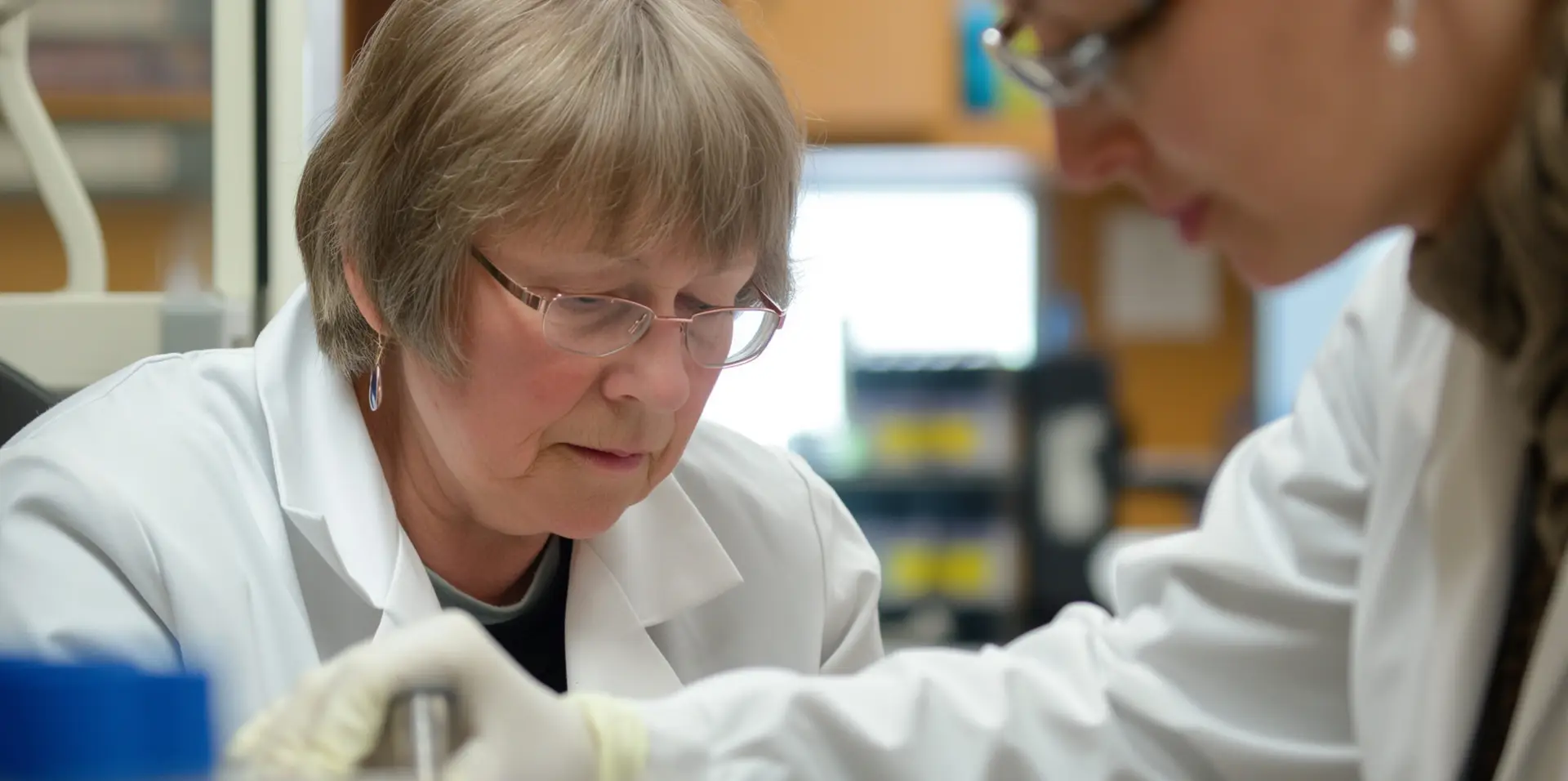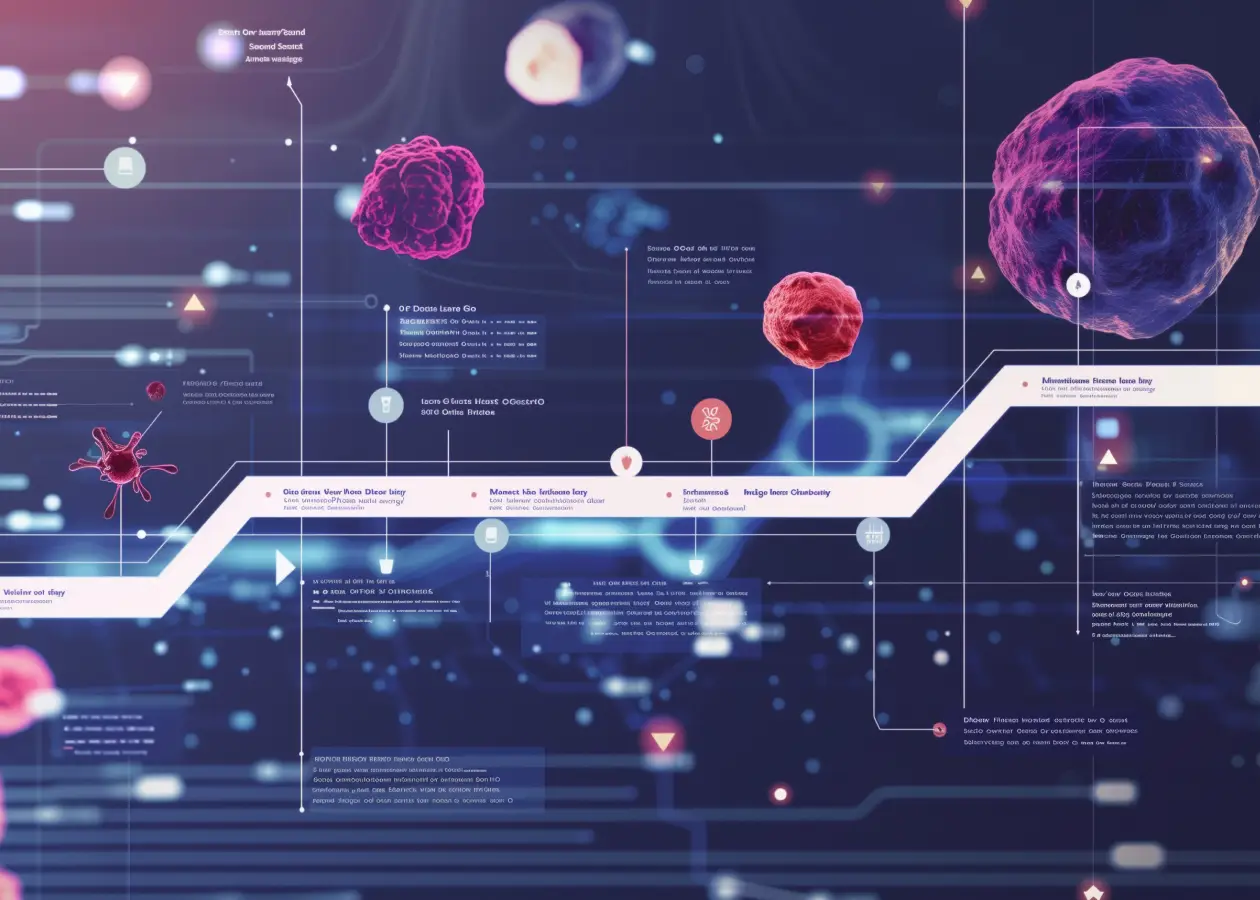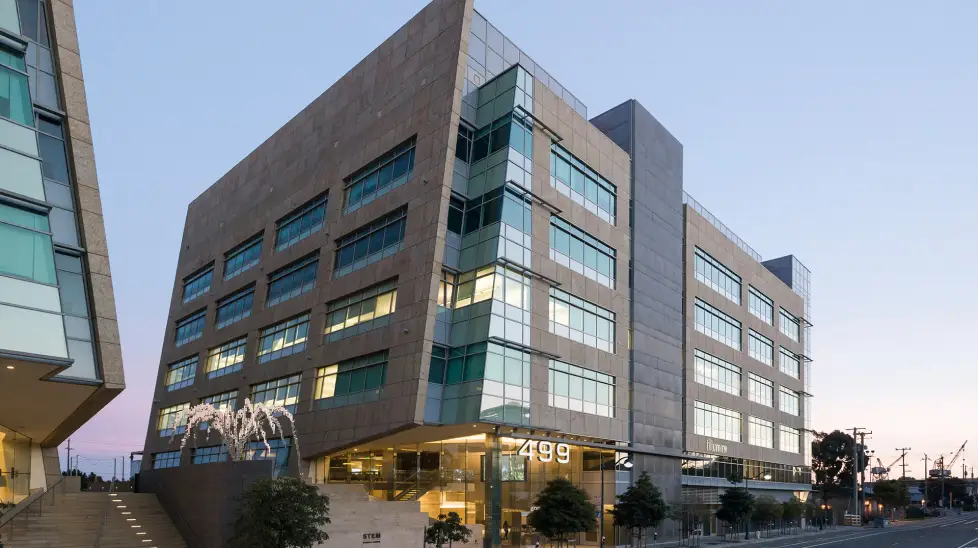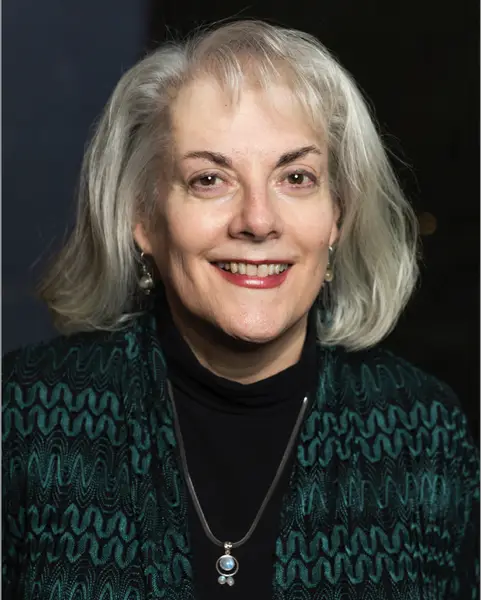Home › For Patients › Why Clinical Trials are Important
Why Clinical Trials are Important
Carefully conducted clinical trials give researchers and breast cancer patients the opportunity to work to together to advance all aspects of breast cancer care.

Advancing Cancer Care

MAKING YOUR DECISION
How Clinical Trials Have Improved Breast Cancer Care
How You Can Benefit
By participating in a clinical trial you may:
- Receive innovative treatment that may become standard therapy in the future
- Gain access to experimental drugs or procedures when standard therapies are no longer effective
- Contribute to medical research that may benefit future generations
If you participate in a clinical trial, you will receive either the standard of care—the most effective known treatment available—or a promising, experimental treatment.You may personally benefit if the experimental treatment is found to be better than the current standard of care. But it’s also possible that the new treatment may not be better than the standard of care. Or, the researchers may find that only select groups of people benefit from the new treatment, and you may, or may not, be one of those people. What you will get is quality care and an opportunity to contribute to and advance breast cancer research.
Clinical Trials Cover the Spectrum of Breast Cancer Care
There are many different types of trials listed on QuantumLeapHealth.org. Learn more about the types of trials that are available if you:
- Match to Trials













